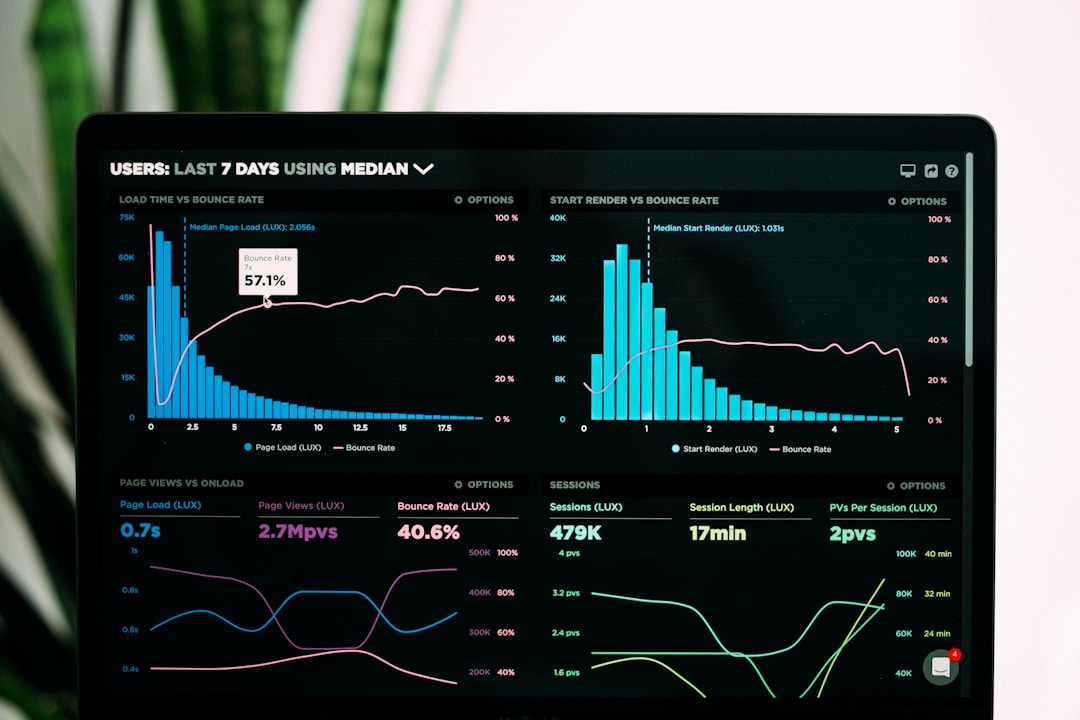Once upon a time, the word data was only the name of a friendly character on Star Trek. Now, though, the term “big data” seems to be everywhere. Large and small businesses alike are putting the future of their operations in the hands of data consultants and analysts. Big data and the analytics thereof dictate business decisions, forecast processes, and drive growth across industries. Whether you’re running a gold mining project, a series of hedge funds, or a nonprofit organization, you need big data. This also means that you need data analysts and consultants.
With that being said, working in data analysis is a great occupation if you’re good with numbers. An analyst or consultant will have plenty of opportunities to work in different industries, so they’ll never be bored. Plus, with the increasing need for analysts and consultants to describe what big data can do for a business, there are impressive growth prospects for data analysis consulting businesses that want to get a piece of this very lucrative pie.
What, though, does a data consultant actually do? Let’s take a look at big data and the work that consultants do to help make the most of it.
What is big data?

Data, to put it simply, is information. Big data, then, is a large collection of information that companies amass regarding everything in their business processes. Big data is comprised of plenty of data sets, each of which pertains to a specific area of the business. One data set may describe how many sales were made, at which hours and locations, in a specific quarter. Another set may describe the ages of people who clicked on an ad the business placed on Instagram.
All of this big data, however, is just information until an analyst comes to apply data science methodology and interpret what it means to the business leaders. An expert in the field of data analytics can look at big data and find patterns. A great data scientist can even forecast how these patterns will impact the future of an organization. Once the data scientist or analyst has looked at the data sets, it’s time for a data consultant to come in and take it to the next level.
An Example of Data Consulting in Action

Data science drives decision-making processes, as mentioned above. Still, how exactly does that work? Let’s look at a major international player in the gold-mining industry, Alamos Gold (NYSE: AGI), as an example of how this might play out. Alamos is a Canadian gold mining company, with successful mines in Northern Ontario (the Young-Davidson and Island Gold mines), as well as in the Sonora state of Mexico (the Mulatos mine).
Despite having achieved great success in North America, Alamos (like any other big company) is always looking for opportunities for growth. Recently, that growth has taken them to the Republic of Turkey’s Kirazli region. The Kirazli project that Alamos is undertaking is very ambitious and couldn’t have been taken on without the analytical skills a data consultant brings to the table.
A data consultant would have looked at the ways in which Alamos extracts ounces of gold without the use of cyanide at their Mulatos mine, for example, and seen how that impacts the job growth and earnings over the last year. Big data is how Alamos was able to predict how many tonnes of gold the Kirazli project would generate, and a data consultant can use that information and help Alamos leaders decide how best to approach an ambitious undertaking to the betterment of the company, the Turkish Government, and the entire Kirazli community.
By weighing the pros and cons under the guidance of a third-party consultant, Alamos Gold Inc. was able to take on this new project with the confidence that it will be as successful as Young-Davidson, Island Gold, and Mulatos have been.


